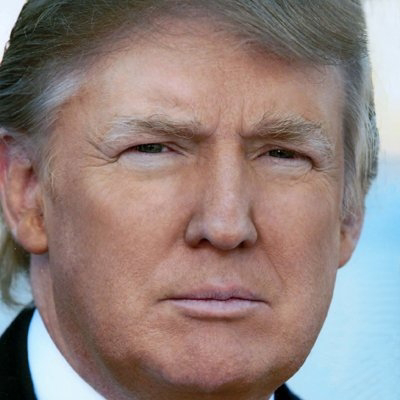Nations and environmental groups slam proposals at UN climate talks, calling them too weak.
---
What’s Going on at COP30
1. Weak Language on Fossil Fuels
The proposal — called the mutirão decision — does not explicitly name fossil fuels (oil, gas, coal) as the cause of climate change, which many see as a major omission.
Instead, it has very vague wording about a “transition away” from fossil fuels, without a detailed roadmap.
2. Strong Pushback from Countries
About 36 nations have formally expressed “deep concern” via a letter.
These countries include both wealthy nations (like the UK, France, Germany) and climate-vulnerable island states (e.g., Palau, Marshall Islands, Vanuatu).
Their main demand: a just, orderly, and equitable transition away from fossil fuels, with a clear roadmap.
Some warn the weak text could “jeopardize” the credibility of the COP’s outcomes.
Tuvalu’s environment minister was particularly scathing: “After 10 years … the current draft texts … do not even name the main threat for our very survival.”
3. Criticism from Environmental Groups
Greenpeace: Tracy Carty (on behalf of Greenpeace) said that early roadmaps to end deforestation and fossil fuel use have disappeared from the final text.
Oil Change International: Bronwen Tucker called the proposal “shamefully weak,” criticizing it for not naming fossil fuels, failing to hold rich countries accountable for finance, and making only vague promises on adaptation.
World Resources Institute: David Waskow said it’s obvious the COP presidency is trying to wrap things up quickly — possibly at the cost of ambition or substance.
4. Other Contextual Challenges
There was a fire at the COP30 venue in Belém, which disrupted proceedings and added to tensions.
Many believe the text fails to produce a real, actionable plan to cap warming at 1.5 °C, especially without fossil fuel phase-out clarity.
---
Why This Matters
Moral and Scientific Credibility: For many nations, especially climate-vulnerable ones, not naming fossil fuels is seen as denying the root cause of the crisis.
Effectiveness of the Agreement: Without a roadmap to phase out fossil fuels, it’s unclear how the world will achieve meaningful emissions reductions.
Justice & Equity: The transition away from fossil fuels needs to be “just” — meaning it should account for financial support, fairness, and the different capacities of countries.
Trust in COP Process: If the final texts are too watered-down, the COP30 outcome could be seen as a failure, eroding confidence in future climate negotiations.
---



Comments